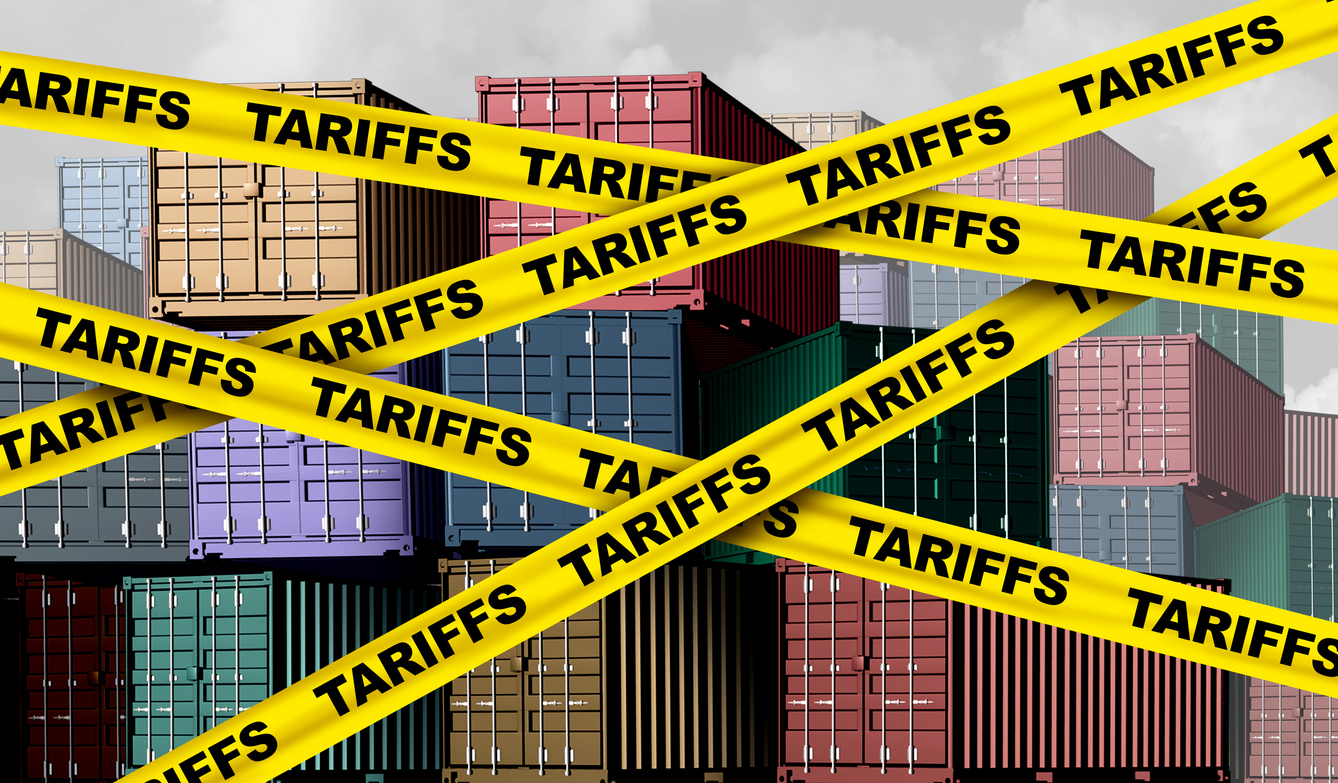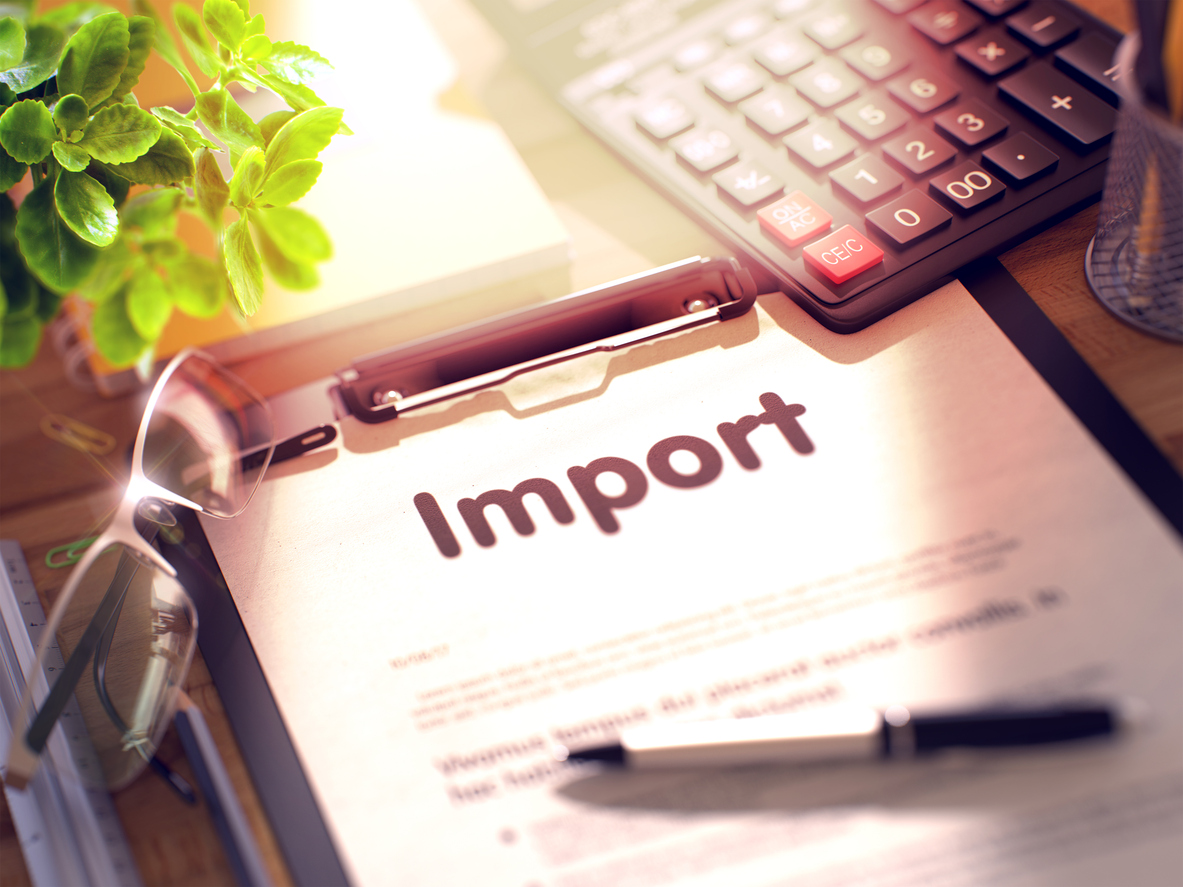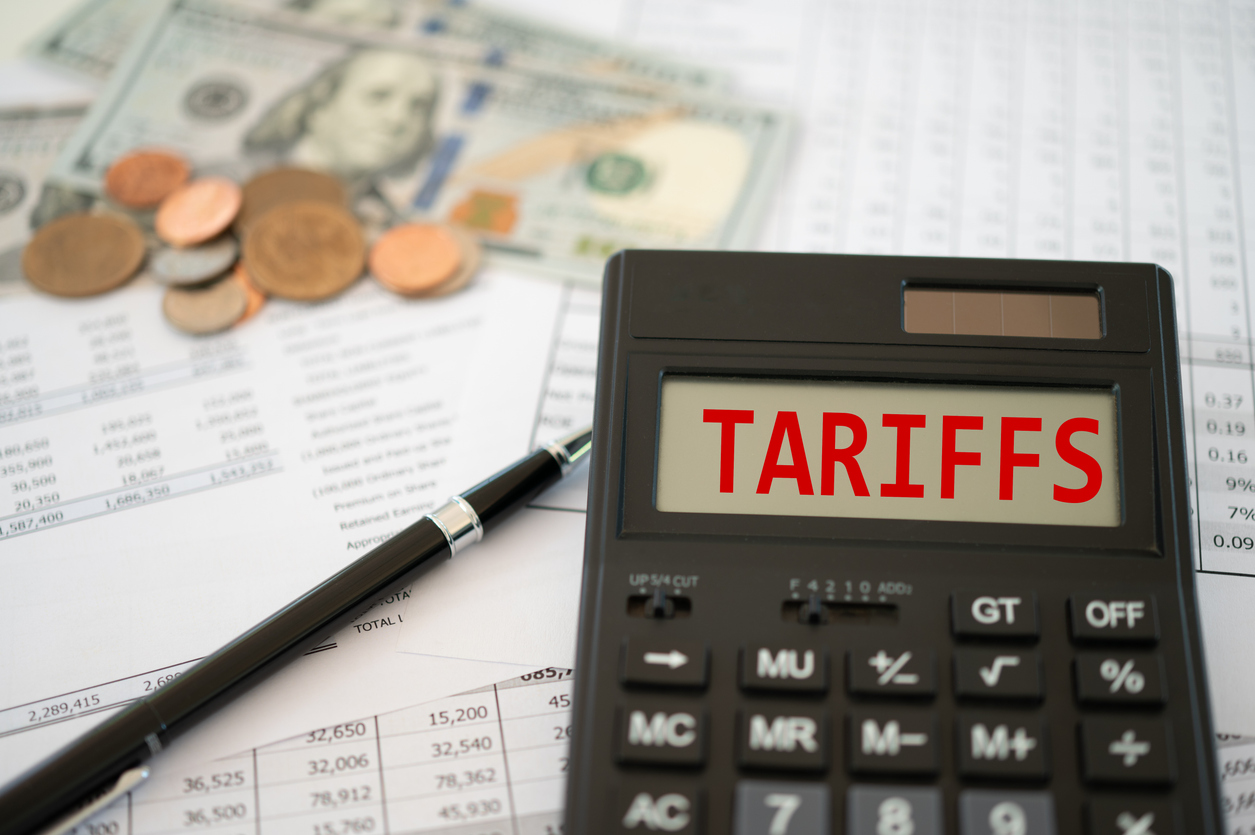Import Duty Rates in Nigeria: What Businesses Need to Know
For companies involved in international trade, understanding import duty rates in Nigeria is essential for managing costs and maintaining compliance. Import duties can significantly influence profit margins and pricing strategies, especially for businesses dealing in wholesale, logistics, or retail distribution.
What Are Import Duties?
Import duties are taxes imposed by the Nigerian government on goods entering the country. These duties are administered by the Nigeria Customs Service (NCS) and play a vital role in regulating trade, protecting local industries, and generating revenue for the government.
Import duty rates in Nigeria vary depending on the type, value, and classification of goods being imported. They are typically determined based on the Customs and Excise Tariff (Consolidation) Act, which follows the international Harmonized System (HS) code for product categorization.
Key Components of Import Duty Rates in Nigeria
When calculating import duty, several charges may apply to imported goods:
-
Customs Duty: The primary tax on imported goods, calculated as a percentage of the item’s customs value.
-
Value Added Tax (VAT): Typically charged at 7.5% on most imported goods.
-
CISS Fee (Comprehensive Import Supervision Scheme): A 1% charge for pre-shipment inspection services.
-
ETLS Levy: A 0.5% fee applied to goods imported from non-ECOWAS countries under the ECOWAS Trade Liberalization Scheme.
-
Excise Duty (where applicable): Charged on specific goods like alcohol, tobacco, and luxury products.
Understanding how these costs are calculated is crucial to avoid underpayment or overpayment, both of which can lead to customs delays or penalties.
How Import Duty Rates Are Calculated
The import duty rate is calculated based on the Cost, Insurance, and Freight (CIF) value of the goods. This includes:
-
Cost: The price paid for the goods abroad.
-
Insurance: The cost of insuring the shipment.
-
Freight: The cost of transporting the goods to Nigeria.
The formula is:
Import Duty = (CIF Value × Duty Rate) + Additional Charges (VAT, ETLS, etc.)
For example, if your imported goods have a CIF value of ₦10,000,000 and the duty rate is 20%, the customs duty will be ₦2,000,000, plus applicable taxes and fees.
Common Import Duty Rates in Nigeria
While duty rates vary depending on product classification, here’s a general overview:
-
Raw materials and industrial inputs: 0% – 5%
-
Intermediate goods: 10%
-
Finished products: 20% – 35%
-
Luxury items: 35% or higher
Businesses importing machinery, electronics, vehicles, or packaged consumer goods should always verify the specific duty rate for their product category using the NCS tariff guide.
Wigmore Trading helps importers classify goods correctly to determine the right duty rates and prevent costly errors.
Challenges with Import Duty Rates in Nigeria
Many businesses face challenges in managing import duty rates in Nigeria, including:
-
Complex Tariff Codes: Difficulty identifying the correct HS code for imported items.
-
Frequent Policy Changes: Updates in tariffs and levies can affect cost planning.
-
Hidden Charges: Unexpected port or clearance fees can inflate total import costs.
Solution: Wigmore Trading provides up-to-date tariff information, accurate duty estimations, and expert customs documentation support. Our team ensures you pay only what’s required—nothing more, nothing less.
Reducing Import Costs Legally
There are legitimate ways to reduce import expenses without breaking regulations:
-
Use ECOWAS Trade Agreements: Import from ECOWAS countries to benefit from lower tariffs.
-
Apply for Import Duty Exemptions: Some goods used in manufacturing or agriculture may qualify for exemptions.
-
Accurate Classification: Proper HS code classification prevents unnecessary high-duty charges.
Wigmore Trading can advise your business on these cost-saving opportunities while ensuring compliance with Nigerian Customs regulations.
Why Partner with Wigmore Trading
With years of experience in import/export operations, Wigmore Trading helps businesses simplify customs processes, calculate accurate duty rates, and manage documentation for seamless cargo clearance.
We work with distributors, manufacturers, and wholesalers across Africa to streamline logistics and ensure compliance at every stage of the supply chain.
Contact Wigmore Trading today to get expert guidance on import duty rates, customs documentation, and regulatory compliance in Nigeria.








Comments are closed.